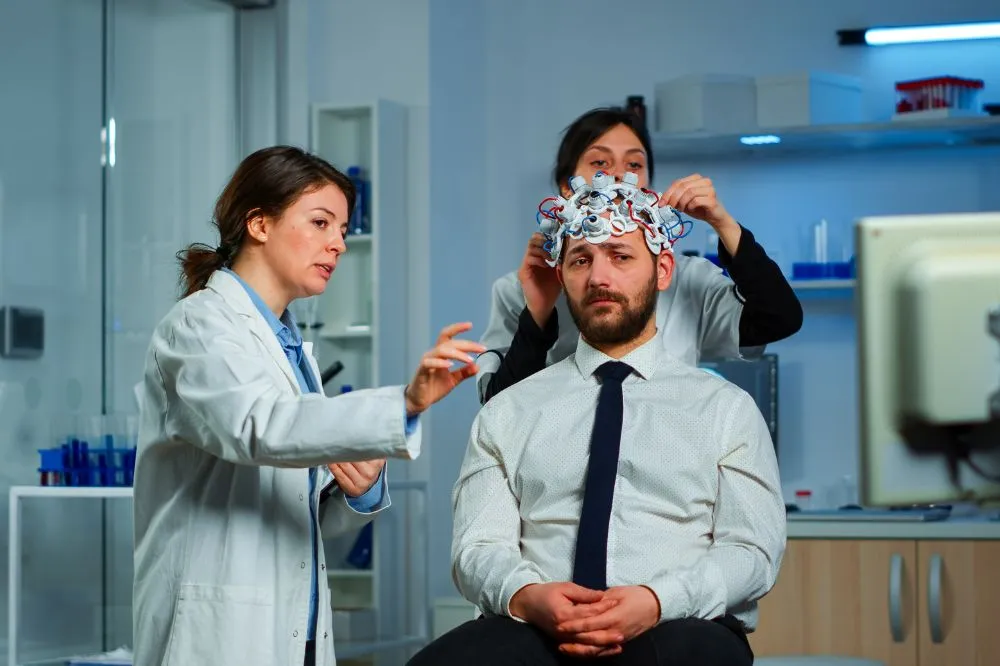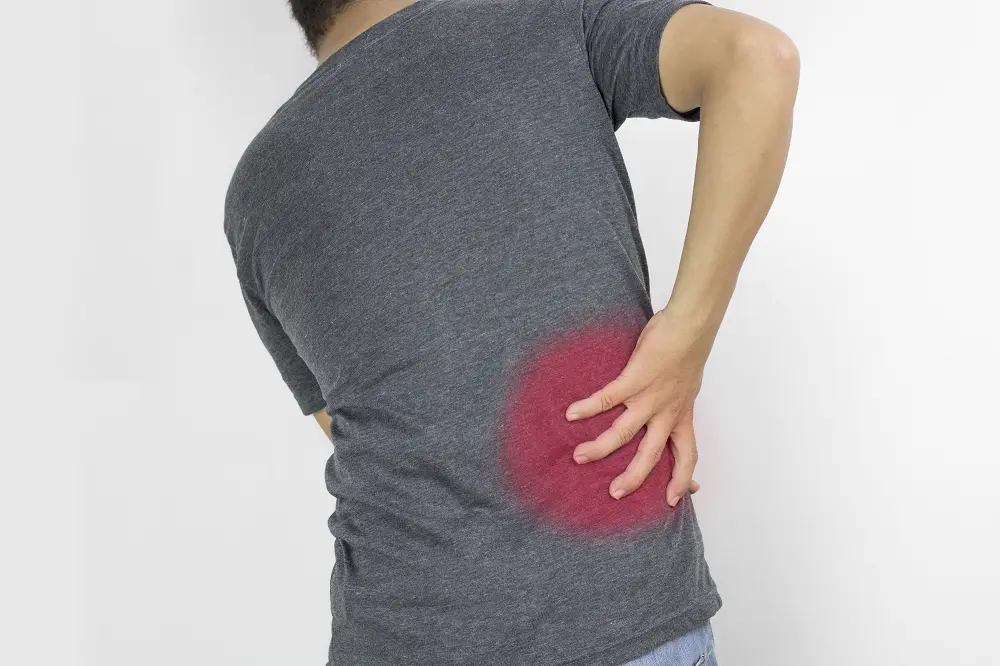Summary: Depression is one of the leading mental health issues. Moreover, no two patients living with depression are the same. Many people are also living with anxious depression. Such patients are challenging to manage with a traditional therapeutic approach. A new study using transcranial magnetic stimulation (TMS) shows that it can be quite helpful in relieving the symptoms of both anxiety and depression.
Depression is a widespread mental health disorder in the United States that affects people of all ages. According to the National Institute of Mental Health, over 15 million adults in the US experience at least one major depressive episode each year. Depression can significantly impact an individual’s quality of life, negatively impacting work, relationships, and overall well-being. Therefore, it is essential to understand the causes of depression to identify effective treatment options.
Though depression is a common health issue, it remains poorly understood. Hence, despite the availability of tens of medications for managing depression, its treatment is far from satisfactory.
In fact, many people living with depression do not respond well to pharmacological treatment. Doctors often describe this as resistant depression. Not only that, antidepressants may instead cause many side effects, and in some cases, they might even make depression worse. That is why doctors are always looking for novel and safer ways to manage depression.
To further make things difficult, many people are living with major depression disorder (MDD) complicated by anxiety and thus called anxious depression. Such individuals are particularly challenging to treat. They often require prolonged medical treatment, and yet many do not respond well to the therapy. Such kind of severe anxious depression may cause significant disability.
Even if a patient responds to the medical drugs, it generally takes quite a long time to gain disease remission. Therefore, most patients suffering from anxious depression must continually take medications even if remission has been achieved.
In recent years, Transcranial Magnetic Stimulation (TMS) has emerged as an effective and safe treatment for depression and anxiety. Moreover, this kind of treatment is very safe and rarely causes any side effects.
TMS involves applying magnetic pulses to specific areas of the brain to stimulate neural activity. Since magnetic pulses are of very low energy, they do not cause any harm. TMS is not just good for managing mental health issues, and it is also good for boosting regenerative processes. Since it has many beneficial health effects, it has become the subject of much research.
Now a new study shows that TMS is not just good for resistant depression. It is also quite useful for managing anxious depression.
The new study aimed to determine whether transcranial magnetic stimulation (TMS) could help patients with major depressive disorder (MDD) and moderate-to-severe anxiety symptoms. The study looked at 1,820 patients who had been diagnosed with MDD and had completed the Patient Health Questionnaire-9 (PHQ-9) and the Global Anxiety Disorder-7 scale (GAD-7) before and after receiving at least one TMS treatment between May 2016 and January 2021.2
The study found that patients with anxious depression significantly improved after receiving TMS treatment. In addition, their symptoms of both anxiety and depression improved significantly. On average, there was a 50% or greater reduction in both GAD-7 and PHQ-9 scores.
The study concluded that routine TMS treatment delivered in diverse clinical settings could lead to marked anxiolytic and antidepressant effects in patients with anxious depression.
Though researchers have long known about the benefits of TMS in depression, now they understand that it is also good for complex patients displaying the signs of both depression and anxiety.






